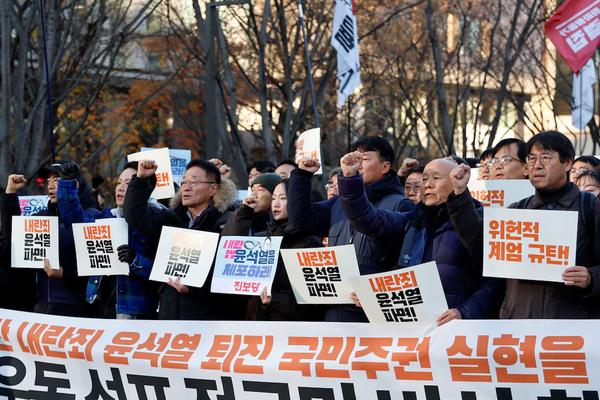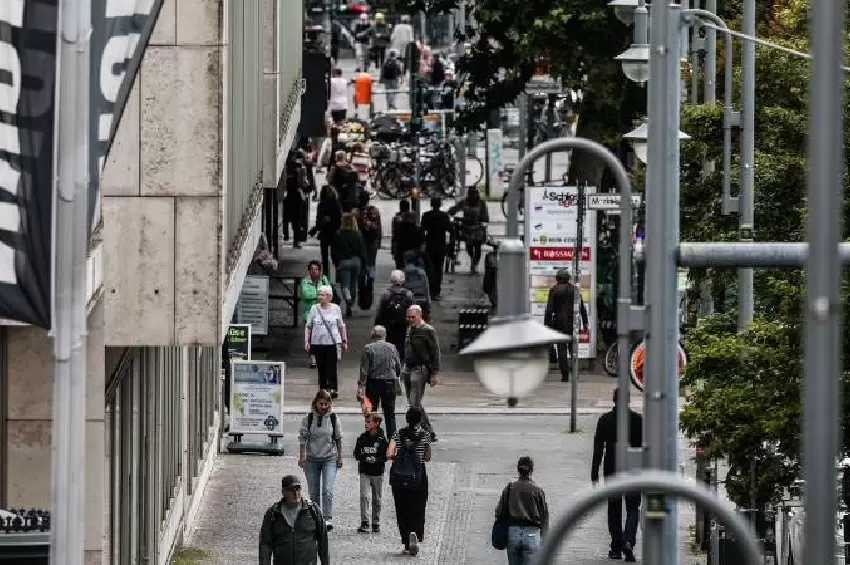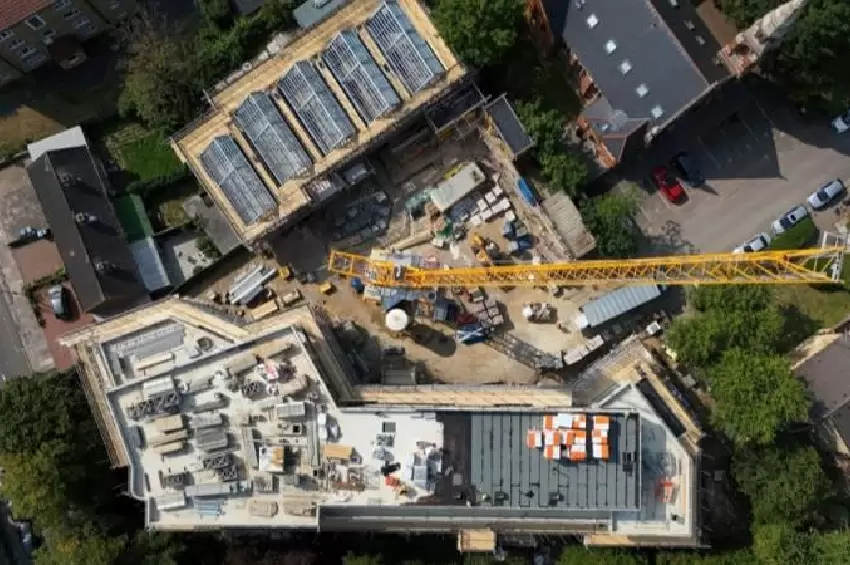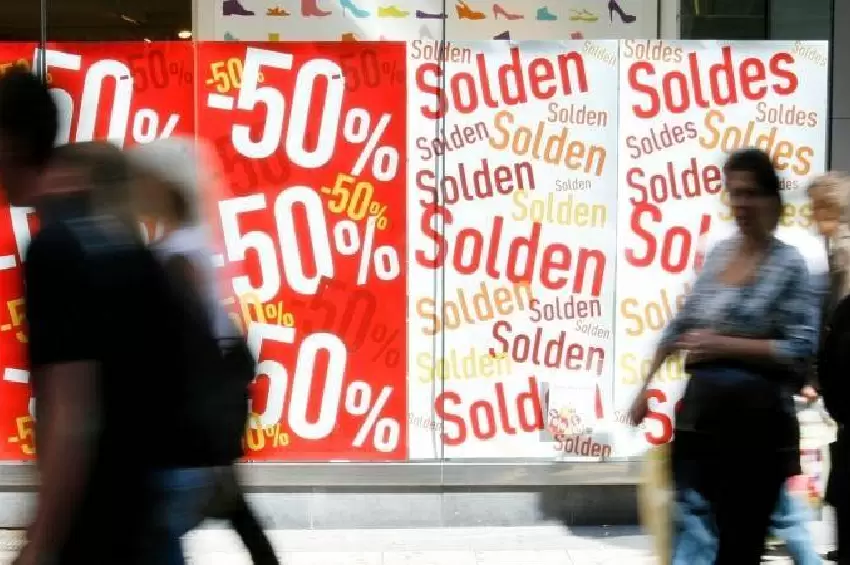Business Sentiment in South Korea Hits Lowest Since COVID-19
Following the declaration of martial law, South Korea's business sentiment has plunged to its lowest point in over four years, since the onset of the COVID-19 pandemic. The Bank of Korea (BOK) released its 'December Business Sentiment Survey Results', revealing a significant downturn in the Composite Business Sentiment Index (CBSI) across all industries.

Understanding the CBSI Decline
The CBSI for all industries fell by 3.7 points to 86.9, marking the steepest decline since January 2023. The BOK cites unfavorable export conditions and increased domestic political uncertainties as the primary reasons for this downturn. The manufacturing sector saw a 3.7 point drop, while the non-manufacturing sector experienced a 5-point decline, primarily due to decreases in profitability and sales.
What Does This Mean for South Korea's Economy?
The CBSI serves as a psychological indicator of business sentiment, with scores below 100 indicating pessimism about the economy. This recent drop suggests a growing concern among businesses about the economic outlook in South Korea, following the recent political upheaval and global economic challenges.









Comments